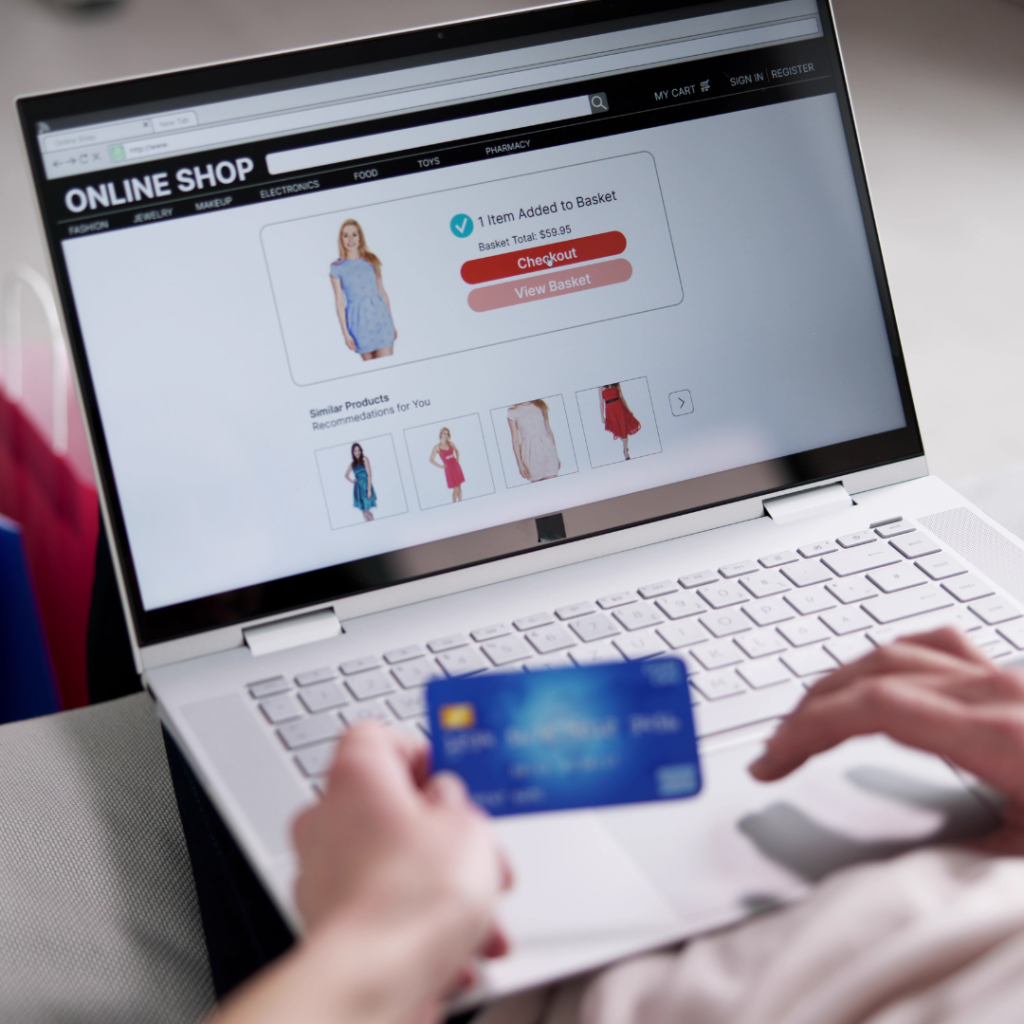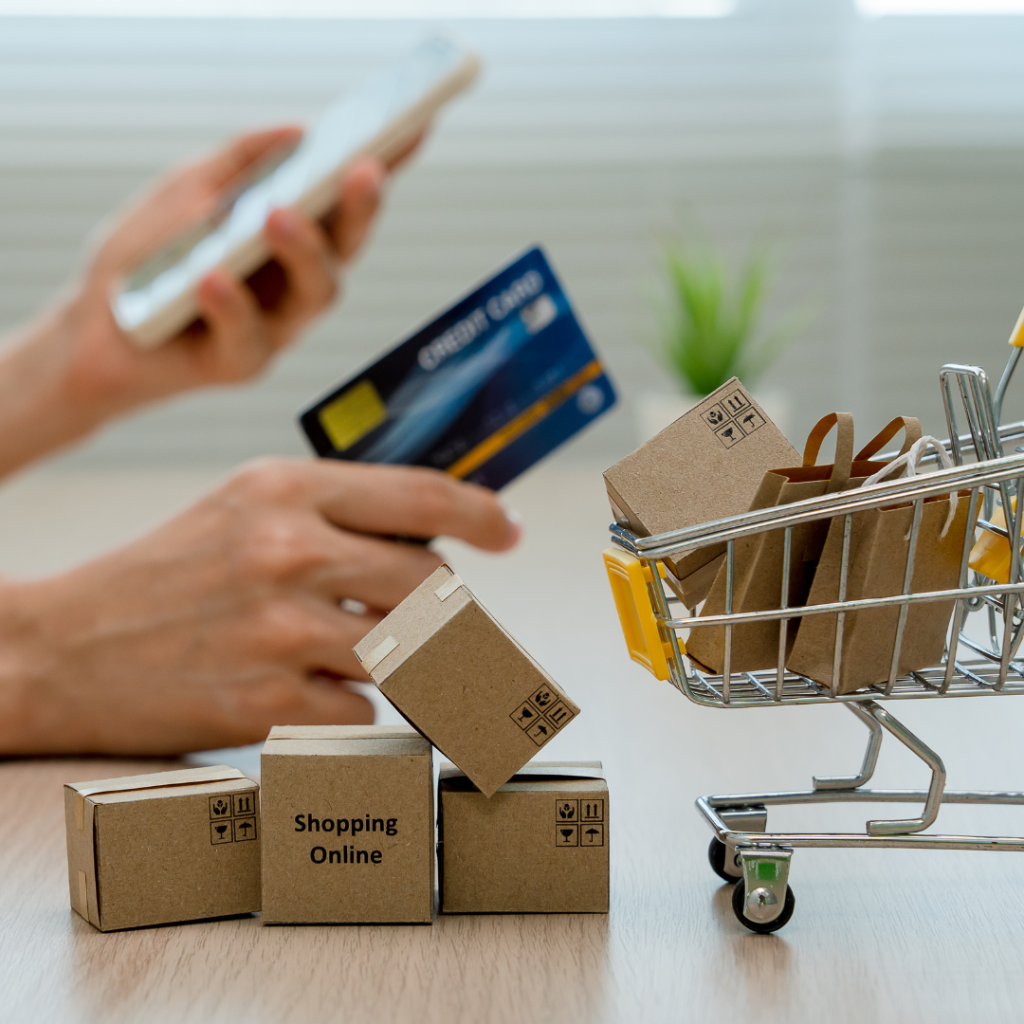In today’s competitive retail world, merely having a large product assortment and reasonable prices is no longer enough. Retailers must also deliver a personalized shopping experience that caters to individual requirements and tastes in order to attract and keep customers.

What exactly is Personalization?
Personalization is the process of creating a shopping experience that is tailored to the preferences of the individual.
It is no longer enough to merely provide a diverse range of items at reasonable pricing in today’s ever-changing retail market. To compete in today’s market, merchants must go beyond the fundamentals and deliver a personalized shopping experience that speaks to the needs and interests of each customer. Personalization, or personalizing the purchasing experience to the individual client, has emerged as a critical approach for organizations looking to improve customer happiness, encourage loyalty, and boost sales.
The technique of personalizing the purchasing experience to the particular client is known as personalization. This can be accomplished in a variety of ways, including:
- Product Recommendations: By using previous purchases, browsing history, and demographic data, shops may recommend goods that are relevant to each customer’s interests and requirements.
- Curated Product Collections: Understanding client preferences and lifestyles enables businesses to put together bespoke product collections that suit to their specific interests and needs.
- Targeted Promotions and Discounts: Promotions and discounts that are tailored to individual interests and purchasing patterns can improve the consumer experience and promote sales.
- Sending tailored emails and newsletters: that target individual client interests and preferences may enhance engagement and generate conversions.
Personalization has several advantages, including:
- Customer satisfaction and loyalty have increased.
- Sales and conversion rates have increased.
- enhanced consumer engagement
- Marketing expenses have been reduced.
Personalization: How to Implement It
Personalization may be implemented in a variety of ways, including:
- Using customer information
- Making use of artificial intelligence and machine learning
- Putting in place a customization platform

Retail Personalization examples
There are several examples of merchants effectively embracing customization to improve their consumers’ shopping experiences. Here are a couple such examples:
- Amazon utilizes user data to provide product suggestions, personalize product recommendations, and give targeted promotions and discounts.
- Netflix recommends movies and TV series based on subscriber data.
- Spotify recommends music based on consumer data.
- Target sends tailored emails and newsletters based on client data.
Suggestions for customizing your buying experience
You may tailor your buying experience in a variety of ways, including:
- Making an account with your preferred merchants
- Please provide your email address and preferences.
- Social media followers for your favorite shops
- Using a platform for personalization
Making the Most of Personalization
Personalization has several advantages that go far beyond increased consumer pleasure. Retailers may get several benefits by embracing personalization:
- Customer Satisfaction and Loyalty: Tailored experiences build a sense of connection and understanding, leading to higher customer satisfaction and a stronger brand affinity.
- Increased Sales and Conversion Rates: Personalized recommendations and targeted promotions may considerably increase sales and conversion rates, resulting in revenue growth.
- Customer Engagement: Personalized interactions and specialized content increase customer engagement, keeping them engaged and invested in the business.
- Marketing Cost Optimization: By targeting particular client categories, individualized marketing campaigns can be more effective, resulting in lower marketing costs.
The Road to Personalization
Personalization demands a planned approach as well as the correct tools. Here are some crucial measures to consider:
- Customer Data Collection and Analysis: Collect and analyze customer data such as demographics, purchase history, browsing behavior, and preferences.
- Artificial Intelligence and Machine Learning: Use AI and machine learning techniques to acquire deeper insights into customer behavior and preferences.
- Implementation of a customization Platform: Adopt a customization platform that can automate the process of personalizing product suggestions, promotions, and content.
Personalization in the Future: A Look Ahead
In the retail business, personalization is becoming increasingly crucial. As technology advances, we may anticipate even more individualized shopping experiences in the future.
- Personalization is set to play a larger role in the future of retail. We should expect to see increasingly more advanced customization tactics develop as technology advances:
- Predictive Personalization: Predictive personalization anticipates client requirements and preferences and provides the correct product or service at the right moment.
- Omnichannel Personalization: From physical storefronts to online platforms, a smooth and consistent individualized experience will become the standard.
- Hyper-Personalization: Using granular consumer data and deep learning, hyper-personalization will personalize experiences to a person’s specific circumstances and preferences.

Personalization Enhances Your Shopping Experience
As a customer, you may actively shape your unique purchasing experience by doing the following:
- Create Accounts: Create accounts with your chosen stores in order to give them with important information for customization.
- Share Preferences: Provide shops with your preferences and interests to receive personalized product suggestions and content.
- Use Social Media: Follow your favorite merchants on social media to receive tailored specials and information.
Conclusion: A Personalized Journey Awaits
Personalization is altering the retail environment, producing a buying experience that seems individualized and relevant to each individual customer. Personalization, with its power to increase consumer pleasure, promote loyalty, and drive sales, will surely be a significant factor in retail success in the coming years. Accept customisation and go on a shopping trip that is truly yours.





